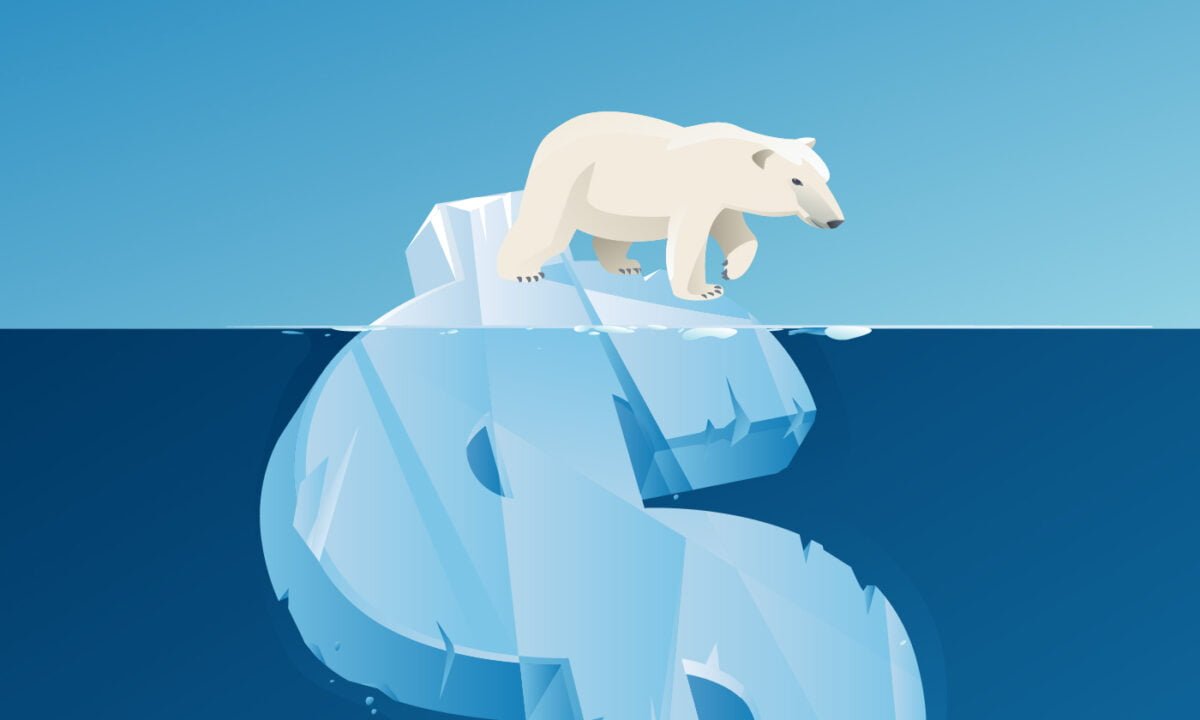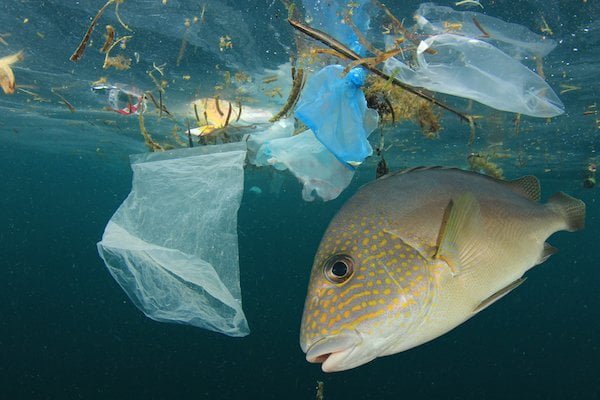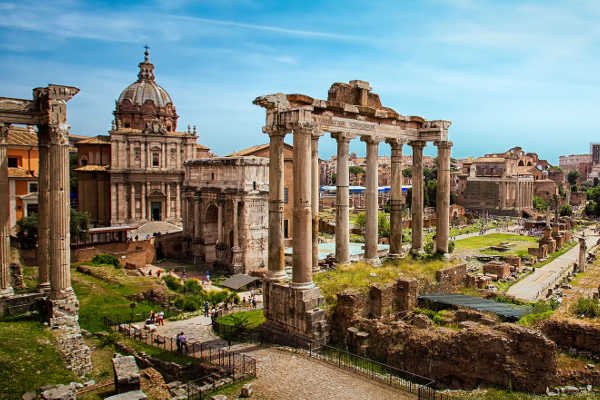Capitalism and the Climate: Who Will Win Out?
Share:

A recent Sky News report has detailed that a wealthy minority of people are responsible for the majority of global air travel, with frequent leisure flights rather than the average family holiday. In the last few years, there appears to have been a surge in climate change activism: figures such as Greta Thunberg and organisations like Extinction Rebellion are staging protests regularly in hope that the environment will become a policy priority.
Extinction Rebellion’s recent protests include breaking windows of Barclays Bank and digging up the lawns of Cambridge University’s Colleges in protest against their investment in companies using fossil fuels. But the recent study really begs the question as to whether individualism can prevent the pace of climate change whilst these bigger companies, and the wealthy few will always undo our actions.
Recommended Reading: Private Jets: A Necessity for All, Apart from Everyone

Individual consumption has recently been at the forefront of our response to the rise in climate change. With the use of plastic straws being swapped out for paper or metal ones, an increased emphasis on capsule wardrobes and slow fashion, and reusable coffee cup sales on the rise due to the 25p ‘latte levy’ being used in coffee shops, the focus of climate change activism in recent years has been on what we can do, as individuals, to aid the environment.
Despite our individual actions in pursuing sustainability, ultimately they cannot change the fate of the planet under a capitalist society that thrives off of profit, despite its effect on the environment. The importance of capitalism as a major, if not the sole contributor, to climate change cannot be ignored nor undone by the use of paper straws. It requires a remoulding of our economic system and society as a whole.
The Carbon Majors Report of 2017 found that just 100 companies are responsible for 71% of global industrial greenhouse gas emissions since 1988. Whilst we recycle and reduce our waste, it’s becoming increasingly evident that it is up to the few, not the many, to take control of climate action.

In an increasing individualist society entering late-stage capitalism, the blame for the climate crisis is put on the average consumer rather than collectively on the system that produces harm against the planet. Whilst we can, and should, try to reduce our waste and our carbon footprint, ultimately it cannot be up to the individual to deal with rampant capitalism.
Recommended Reading: The Reality of Deforestation
Whilst those few through their global air travel and corporations through their unsustainable business practices are responsible for the climate crisis, Jason Moore – environmental historian and sociologist at Binghamton University – argues that whilst it is the cause of climate change, capitalism itself will not survive the climate crisis. Initially, the havoc humans caused to the planet was labelled as ‘Anthropocene’ through land misuse and plastic pollution. Moore calls the problem something else: “Capitalocene”.
He argues that the enemy is not overpopulation or the average individual using single-use plastic. Instead, the assignment of blame should be put on the corporations themselves rather than their labourers. In a Romantic kind of way, he argues that capitalism’s reign will succumb to the climate crisis as big cities which are the embodiment of capitalism, such as New York City, are volatile against the planet. The consequence is the fact that the city actually experiences a “superstorm Sandy kind of reality every couple of years”.

Moore uses the example of how after the year 400, the changing climate created all sorts of economic and political tensions, and in Western Europe, the Roman Empire collapses. Climate change is bad for the ruling classes, despite being upheld by them, and much like a proletariat revolution, the damage to the planet itself will cause cultural and political revolutions that capitalism is not resilient enough to resist.
The climate crisis and capitalism are intertwined due to a system and culture of power – and to combat it, the shift of blame must be on production – not consumption – in order to make a change.
